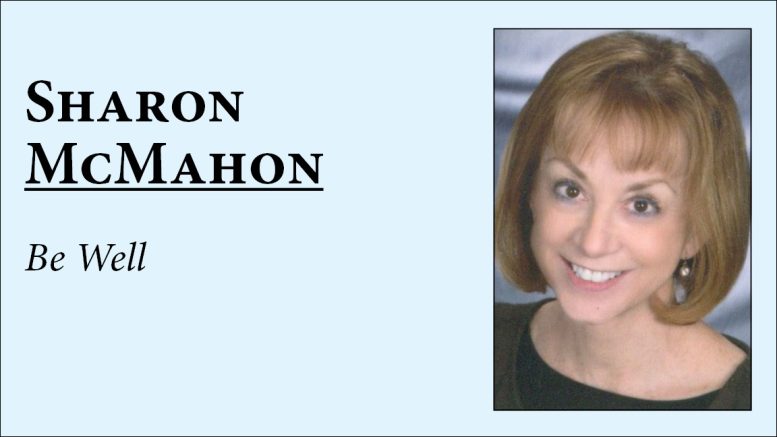“The English language lacks the words to mourn an absence. For the loss of a parent, grandparent, spouse, child or friend, we have all manner of words and phrases, some helpful some not. Still we are conditioned to say something, even if it is only ‘I’m sorry for your loss.’” – Laura Bush, Spoken From the Heart
For my husband Bruce and me, this has been a season of visiting funeral homes and memorial services much too often, including recently in the loss of a dear friend of ours.
The quote above seems very appropriate to me as a reminder of two things: one thing every human on this planet has in common is that we are headed toward the same end, and we will know others who are experiencing loss before they themselves meet that end. How is that for an upbeat column this week?
Mourning our own loved ones we lose is obviously very difficult; and mourning with others is difficult as well. However, it is an important part of our lives. Our psyche and our physical well-being are inextricably linked. Few people enjoy funeral home visitations and services. (If you do, I suggest you might wish to read another column or seek professional help.) We do it as a service both to those for whom we care and for ourselves.
There is a saying that “we never really begin to live until we are prepared to die.” I earnestly believe that is true; whatever your personal faith might be, most of us believe that we will be aware and engaged after our demise.
Speaking for myself, I am in no great hurry to meet that end, so I want to live my life healthy, engaged, giving, and with enjoyment in the process. We are all shaped differently with various talents, outlooks, and plans.
However, we are drawn together in common goals to achieve our “best self.” These goals include proper nutrition, moving our bodies away from the television, computers, and social media, working our muscles and staying flexible, and keeping our mental capacities strong and curious.
Obviously, there are situations in which the demise of a person is immediate and without warning, something my own family has experienced and maybe some of you as well. A life cut short in that way is truly tragic but not the situation which I am addressing here. Sudden, traumatic loss can involve shock and requires some specific supports which may be beyond the capacity and training of family and friends.
In working with senior citizens (of which I am one!) in nutrition consulting and personal training, I very often receive feedback that they understand – now – that if they had been more discerning of their eating habits, activity, and personal care over the years their senior years would be more productive, enjoyable, and rewarding. I believe this to be true for most of us.
So – what are we to do? The answer is very simple, really: the best we can. Isn’t that what it comes down to: taking the best care of ourselves that we possibly can and adopting a positive outlook on the trials and tribulations that are pervasive in our society? By doing that, reaching out to others, and using our time on planet Earth to be a confident force in maintaining optimum physical, emotional, and mental health we will make the best use of our time here. Control what you can, work on the attributes you can change, and greet each morning with optimism and hope. Reach out to those who mourn; ease their souls as you soothe your own. Your body, mind, and soul will respond to the care you provide to yourself and to others.
The winter is waning and spring is near – a time of renewal and refreshing for our bodies and souls.
Sharon McMahon, CNWC
The opinions expressed in this article are not intended to replace advice of your personal physician or licensed health professional. Please consult your physician for any issues you may have related to nutrition or fitness activity.

